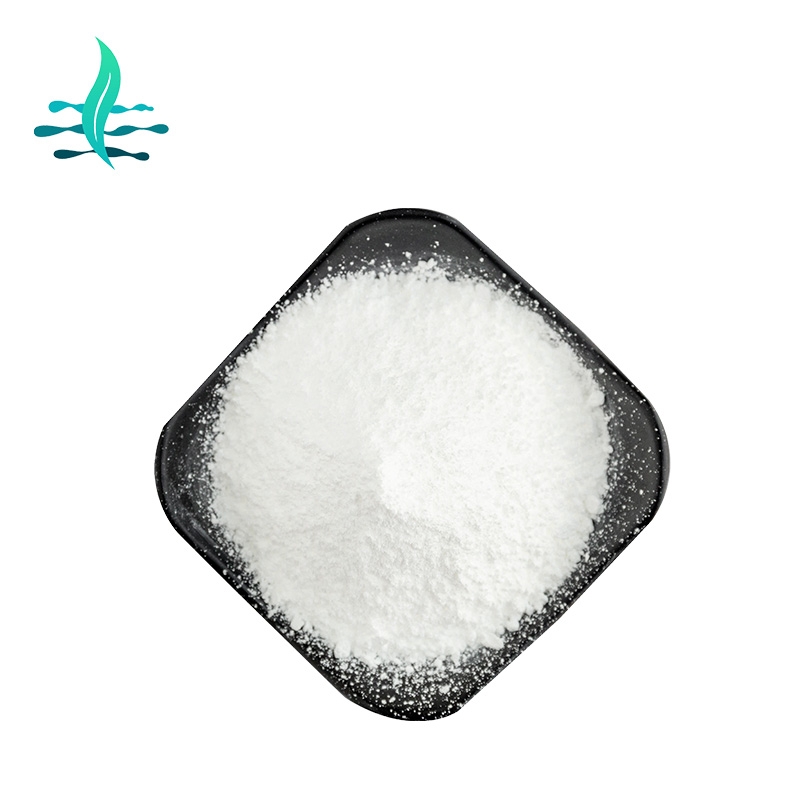-
Categories
-
Pharmaceutical Intermediates
-
Active Pharmaceutical Ingredients
-
Food Additives
- Industrial Coatings
- Agrochemicals
- Dyes and Pigments
- Surfactant
- Flavors and Fragrances
- Chemical Reagents
- Catalyst and Auxiliary
- Natural Products
- Inorganic Chemistry
-
Organic Chemistry
-
Biochemical Engineering
- Analytical Chemistry
-
Cosmetic Ingredient
- Water Treatment Chemical
-
Pharmaceutical Intermediates
Promotion
ECHEMI Mall
Wholesale
Weekly Price
Exhibition
News
-
Trade Service
Introduction
4,4′-Bis(N-carbazolyl)-1,1′-biphenyl (BCB) is a well-known material with a wide range of applications in the chemical industry.
This organic compound is highly sought after due to its unique properties, including its high molecular weight, high charge mobility, and excellent thermal stability.
In this article, we will explore the various applications of BCB in the chemical industry.
Electronic Materials
One of the most significant applications of BCB is in the production of electronic materials.
BCB is widely used as a matrix material in the preparation of polymer light-emitting diodes (PLEDs) and organic field-effect transistors (OFETs).
BCB is an ideal material for these applications due to its high charge mobility and thermal stability.
In addition, BCB has a high glass transition temperature, which makes it suitable for use in high-temperature applications.
BCB is also used as a hole injection material in organic solar cells.
It is known to improve the efficiency of the solar cells and increase their stability.
The high molecular weight of BCB also makes it an ideal material for use in organic electrochemical capacitors, where it is used as an electrode material.
Adhesives and Coatings
BCB is also widely used in the production of adhesives and coatings.
It is used as a monomer in the production of polyurethane adhesives, which are widely used in the automotive, packaging, and construction industries.
BCB is also used as a material in the production of coatings for various applications, including industrial coatings, automotive coatings, and architectural coatings.
Photoresist Materials
BCB is also used as a precursor material in the production of photoresist materials.
Photoresist materials are widely used in the semiconductor industry for the production of microprocessors, memory chips, and other electronic components.
BCB is used in the production of negative photoresist materials due to its high molecular weight and excellent thermal stability.
Medical Applications
BCB is also used in the medical industry due to its excellent biocompatibility and biodegradability.
BCB is used as a material in the production of medical devices, including drug-eluting stents and implantable medical devices.
BCB is also used in the production of biosensors for use in diagnostic tests.
Environmental Applications
BCB is also used in the environmental industry due to its ability to degrade easily in water and soil.
BCB is used in the production of environmental sensors and biosensors, which are used to monitor water and soil quality.
BCB is also used in the production of polymer membranes for use in water treatment applications.
Conclusion
In conclusion, BCB is an incredibly versatile material with a wide range of applications in the chemical industry.
It is used in the production of electronic materials, adhesives and coatings, photoresist materials, medical devices, and environmental sensors and biosensors.
The high molecular weight, high charge mobility, and excellent thermal stability of BCB make it an ideal material for these applications.
As the demand for organic materials continues to grow, the applications of BCB are likely to expand even further.






